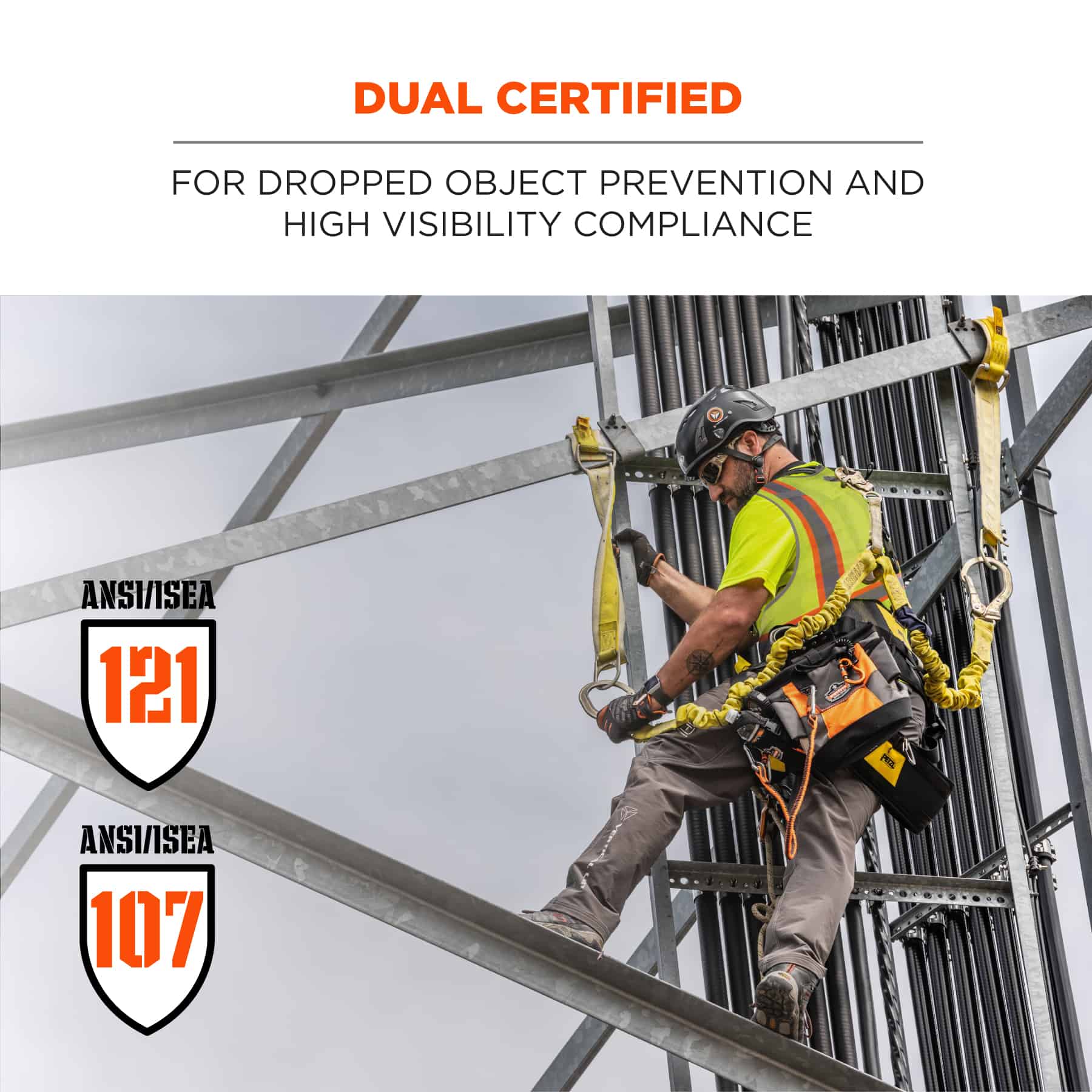Yes, there are specific certifications for tool safety compliance. These certifications ensure that tools meet specific safety standards.
Ensuring workplace safety is crucial to prevent accidents and injuries. When it comes to using tools in various industries, it becomes even more essential to comply with safety regulations. One way to achieve this is through obtaining certifications for tool safety compliance.
These certifications guarantee that the tools being utilized meet specific safety standards. By adhering to these certifications, businesses can minimize risks associated with tool usage and create a safer working environment for their employees. We will delve into the different certifications available for tool safety compliance and their importance in maintaining workplace safety.

Credit: www.amazon.com
Frequently Asked Questions For Are There Specific Certifications For Tool Safety Compliance?
What Is The Osha Regulation Code Regarding Tool Safety?
The OSHA regulation code for tool safety is found in 29 CFR 1910. 243.
Does Osha Require Training On Hand Tools?
Yes, OSHA requires training on hand tools to ensure workplace safety and reduce the risk of accidents.
Is Hand And Power Tool Safety Regulated By Osha?
Yes, OSHA regulates hand and power tool safety.
What Are Some General Osha Guidelines When Using Power Tools?
Some general OSHA guidelines for using power tools include: 1. Wear appropriate personal protective equipment (PPE). 2. Follow safety instructions in the tool’s manual. 3. Inspect tools for defects and ensure they are properly maintained. 4. Use tools only for their intended purposes.
Conclusion
As you can see, specific certifications for tool safety compliance play a crucial role in ensuring the safety of workers and minimizing the risk of accidents. By obtaining these certifications, companies and individuals demonstrate their commitment to maintaining a safe working environment.
The availability of various certifications allows businesses to choose the ones that are most relevant to their industry and specific tools they use. It’s important to note that while certifications are not legally mandated in some cases, they are highly recommended and can provide numerous benefits, including legal protection and improved reputation.
Therefore, it is essential for organizations and individuals to thoroughly understand the certifications available and actively pursue them to ensure they are in compliance with safety standards. Investing in tool safety certifications is an investment in the well-being of workers and the overall success of the business.


